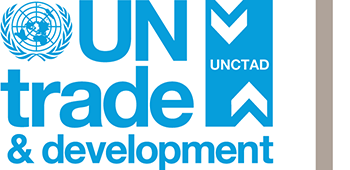This study assesses Kyrgyzstan’s fiscal stimulus response to the COVID-19 pandemic and its future plans to ensure a sustainable, green and forward-looking path towards recovery. As a country reliant on remittances and trade, the country experienced significant economic contraction and a rise in fiscal deficit due to both the health impact of the pandemic and the consequences of mitigating measures including lockdowns. The paper discusses Kyrgyzstan’s present national policies and their alignment with commitments to the Sustainable Development Goals. Post-pandemic recovery policies are examined under socially inclusive, green, and digital policy heads; additionally, pre- and post-COVID-19 gaps in implementation and financing that require attention are highlighted. The UNESCAP Macroeconomic Model, which allows for in-depth quantitative modelling of future policy proposals based on realistic regional simulations, is used to present policy strategies under different funding and priority scenarios. Finally, potential revenue sources to fund the suggested policies are discussed, including grants, public and private sector reforms, remittances and taxation on non-renewable energy.
